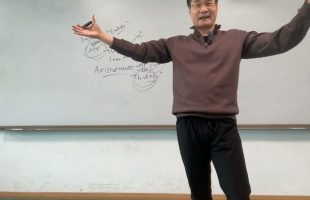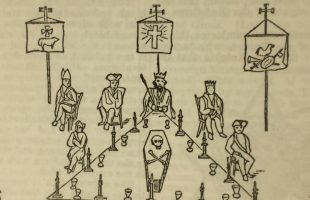Why did China stop being creative after the Song dynasty (960-1279 CE)?
In this talk to his Chinese high school students, Jiang Xueqin explains that it’s because the Ming and Qing dynasties achieved a level of national unity that was not possible in the past. While this national unity ensured the longevity of the emperor and his imperial bureaucracy, it made the nation insular and stagnant.
The imperial bureaucracy used three mechanisms to monopolize status, literacy, and culture. The “keju” (civil service examination) focused the energies and ambitions of local gentry. The “keju” tested for “wenyan” (classical literary Chinese), a language that was so difficult that students had to spend decades mastering it. Confucianism restricted openness and innovation.
This lecture relies heavily on the scholarship of Professor Yuhua Wang, who is a Chinese historian at Harvard. You can watch his Youtube talk here: https://www.youtube.com/watch?v=DamqOWbtrAw
His book “The Rise and Fall of Imperial China” can be found here:
https://press.princeton.edu/books/hardcover/9780691215174/the-rise-and-fall-of-imperial-china?srsltid=AfmBOopKG3gHdUv59JqhZBZmmcaBdKWz5_nsFeWglHsksktvZ14t9LCy


